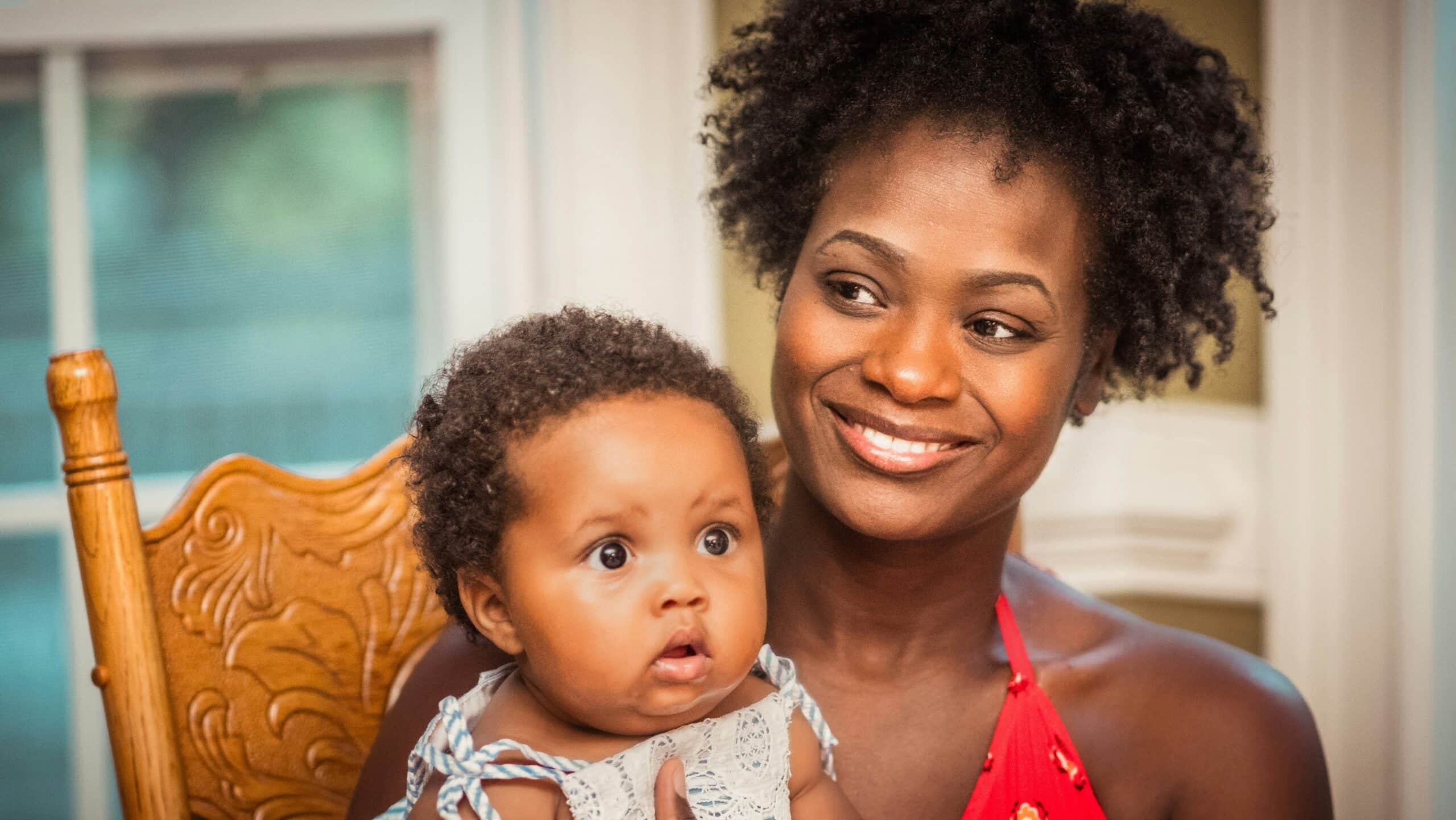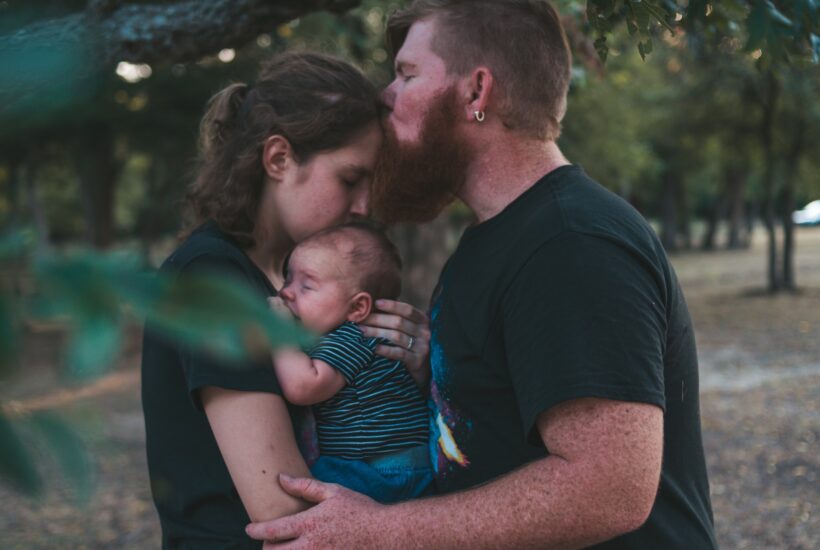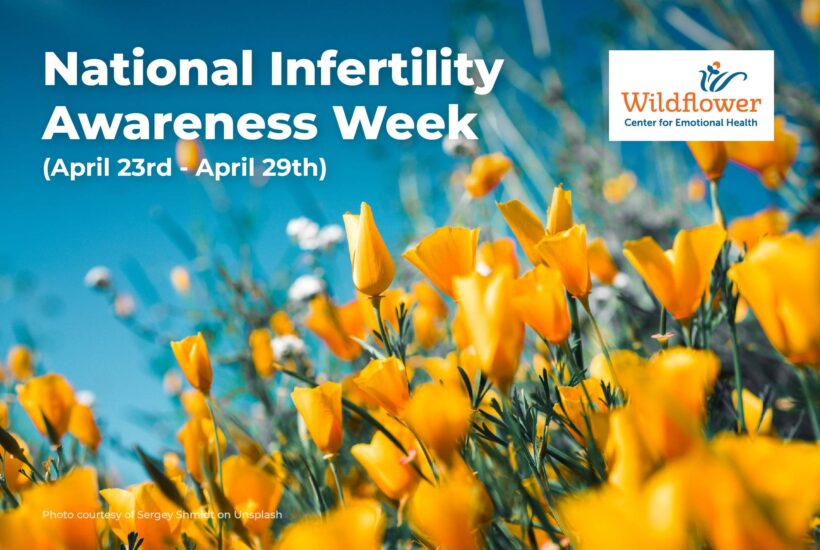Engaging in allyship with the LGBTQIA+ community entails, among other things, educating ourselves about the unique challenges they face. One significant issue is the often complicated journey to parenthood for those who choose that path. Social infertility is a new and evolving term describing this process. In recent years, infertility has gained awareness, resulting in…
Perinatal and Reproductive Mental Health
There Is No Health Without Mental Health: Maternal Mental Health Awareness Month
The transition to parenthood is often described as a journey, yet this word does not sufficiently capture the dramatic and profound nature of change and transformation that takes place during this time. A more appropriate term might be “odyssey.” There are very few, if any, other life experiences that match the physical, emotional, mental, relational,…
Beyond Cramps and Cravings: Understanding the Difference Between Premenstrual Syndrome and Premenstrual Dysphoric Disorder
Throughout history, the medical field has had a complicated and often contradictory relationship with reproductive mental health. While accounts of symptoms related to the menstrual cycle date back to ancient times, their existence was often met with irrational skepticism. Mood fluctuations were frequently attributed to a wandering uterus or the toxic and healing properties of…
10 Things You Need To Know About Infertility During Infertility Awareness Week
1. Infertility is defined as not being able to get pregnant after one year of unprotected sex for heterosexual couples. With this said, many physicians recommend that women over the age of 35 seek specialized fertility care after six months of unprotected sex in heterosexual partnerships. 2. Infertility is not uncommon. In the U.S., one…
Navigating the Transition to Parenthood as a Team and How The Bringing Baby Home Workshop Can Help
The transition to parenthood is one that comes with profound shifts in identity, roles, and relationships. These shifts inevitably impact parents as individuals and as partners. Renowned psychotherapist and relationship expert, Esther Perel, states that “having a baby is a psychological revelation that changes our relation to almost everything and everyone” (Perel, 2006). These words…
Self-Care During the Postpartum Period: Strategies to Minimize the Risk of Postpartum Mood and Anxiety Disorders
The postpartum period is filled with many physical, psychological, and emotional changes. Matrescence is a term that aptly captures this experience. It is defined as the physical, social, hormonal, and identity shifts associated with becoming a mother and is a distinct stage of life (Sacks, 2017). In reflecting on matrescence, Ignacz (2018) states, “Life will…
Cycle Syncing: Increasing Emotional Well Being During Your Menstrual Cycle
In school, we are taught what a period is. For many people, the education on the menstrual cycle stopped there. This education gap has caused not only an information deficiency for those who menstruate, it has also perpetuated a stigma that women are “just overly emotional” during certain points in their cycle. This has left…
A Partner’s Guide to Supporting a Successful Perinatal Journey
The transition into parenthood is a profound and transformative experience. The months leading up to bringing baby home are often filled with anticipation, joy, fear, anxiety, and more. And once you welcome that tiny, new family member into your home, those emotions only tend to magnify — understandably so. Perinatal mood and anxiety disorders (PMADs)…
National Infertility Awareness Week
National Infertility Awareness Week will be observed from April 23-29th, 2023. This week seeks to bring awareness to an extremely common yet all too often overlooked experience. No person feels prepared to confront infertility and the grief, anxiety, and fear that may follow the infertility diagnosis. At Wildflower, we are committed to helping you navigate…
What is Postpartum Psychosis?
What is Postpartum Psychosis? The reproductive years are a time of intense psychological vulnerability for women, with a significant number of psychiatric admissions occurring more around childbirth than any other time in the female life cycle (Wisner, Gracious, Piontek, Peindl, & Perel, 2003). One of the rarer presentations seen during this time period is postpartum…











